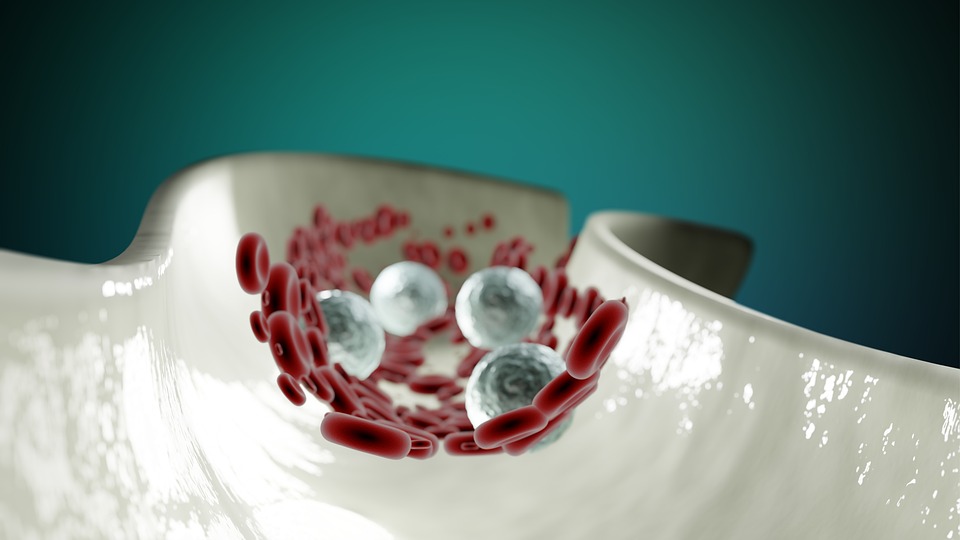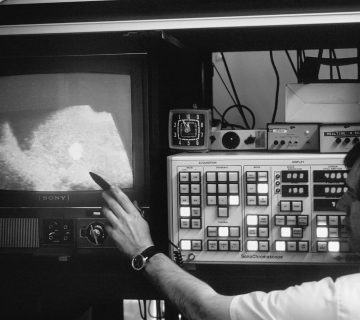Arterial duplex ultrasound is a non-invasive medical test that most vascular specialists use to diagnose and monitor several arteries-related health problems. Blood vessels that carry oxygen-rich from the heart to the rest of the organs in our body are known as arteries. They’re essential to our health, as they assist in delivering oxygen to our tissues and organs.
Read more: What Is An Arterial Duplex Ultrasound, And When Is It Used?However, as the anatomy of our body changes, we often develop specific medical conditions, which ultimately lead our arteries to get blocked or narrow, leading to reduced blood flow. This can result in various health conditions, for example, a heart attack or stroke. That’s why it’s essential to detect these problems early on and take appropriate measures to prevent them. This is where arterial duplex comes in.
What Is An Arterial Duplex Ultrasound?
This ultrasound is a medical test that uses sound waves to produce images of the arteries in your body. The test offers detailed information about the structure of your arteries, blood flow, and any blocked areas or related problems. It’s a non-invasive and painless medical procedure usually performed in an outpatient facility.
During the test, a small hand-held device known as a transducer is placed above the skin on the area your doctor is examining. The device sends sound waves into your body and collects echoes that the sound waves produce. A computer then processes these echoes and displays them as imaging on a screen. These images show a detailed report of the condition of your arteries.
Uses Of Arteria Duplex Ultrasound
· To Diagnose Artery Problems
This type of ultrasound is used to diagnose several arterial health problems, including:
Artery blockage
Blood clots
Aneurysms
· To Monitor Artery Problems
This ultrasound is also used to observe and monitor the progress of arterial conditions. For example, if you have been diagnosed with an aneurysm, your vascular specialist will use this ultrasound to observe your aneurysm’s size and regularly check if it’s growing. If it is, then your doctor will have to ask you to undergo an appropriate medical procedure so that they can prevent it from rupturing.

· To Evaluate Artery Surgery
Some vascular specialists also use this to evaluate the results of an artery surgery. For example, if you’ve undergone surgery to clear up the plaque buildup in an artery, then your doctor will use this ultrasound to check if the surgery was successful or if the blood flow issues are still persistent.
Book A Consultation With A Vascular Specialist Today
At RJIR Vascular & Oncology, we offer minimally invasive medical procedures to help you overcome health challenges and enable you to live a pain-free life. We use imagining to guide us to the problems, and our diagnostic techniques are minimally invasive.





